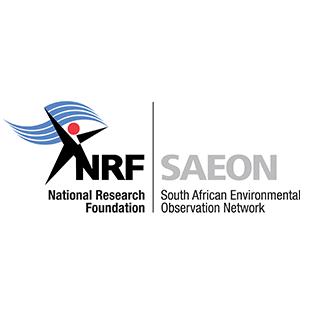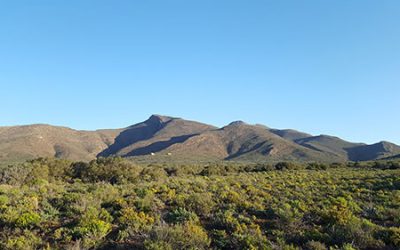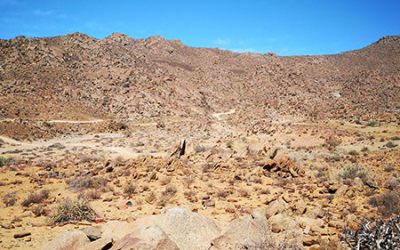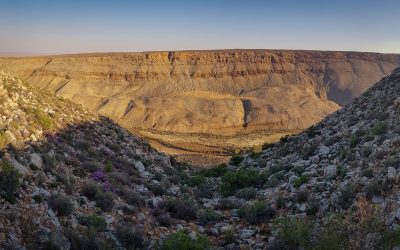For nature and livelihoods
Arid Zone Ecology Forum
Bringing partners together through research in the arid zone of southern Africa
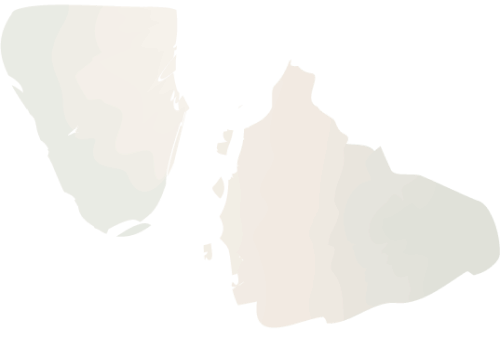


Incredible biodiversity
More than half of southern Africa is either in the arid or semi-arid zone. These areas are home to incredible biodiversity. But they also face enormous threats – most of these man-made.
The Arid Zone Ecology Forum (AZEF) is a non-profit organisation that brings partners together to identify these problems and find solutions in the arid and semi-arid regions of southern Africa.
Our work focuses on three themes:
Research
Partners undertake research in the arid and semi-arid zone of southern Africa, and share their research, to influence agricultural, management and conservation policies and legislation, to find solutions to the threats.
Once a year, all our partners come together to network and share information, in order to improve not only nature, but also livelihoods of the dryland communities in the region. Managers, landowners, researchers, government officials and students are all invited to attend.
AZEF serves as the go-to-hub for information and research on the southern African arid zone. From important news to job opportunities in the region, we work to make it easy for this active community to share information with each other.
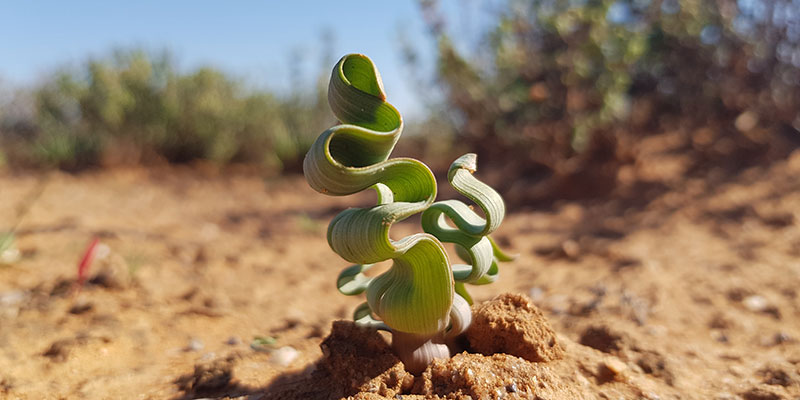
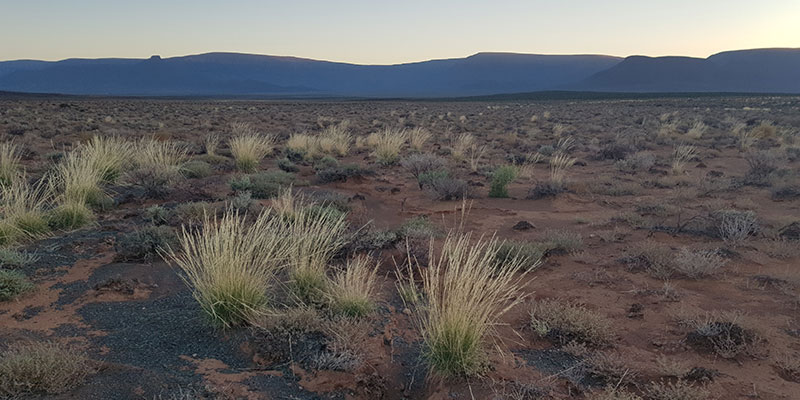
OUR 2025 AZEF CONFERENCE
AZEF 2025 will be held in Calitzdorp, Western Cape from Tuesday 21st to Thursday 23rd October. There will also be an optional pre-conference workshop for in-person delegates on Monday, 20 October 2025. We have again opted for a hybrid conference so an online registration option is available.
Date: 20-23 October 2025
Place: NG Kerksaal, calitzdorp
Day(s)
:
Hour(s)
:
Minute(s)
:
Second(s)
Succulent Karoo | Nama-Karoo | Savanna | Grassland
Where is the arid zone?

AZEF covers a broad region, including the Succulent Karoo and Nama-Karoo biomes, as well as small areas of the Savanna and Grassland biomes. As a rough guideline, the arid zone is considered to include all areas with a mean annual rainfall of 500mm or less.
These biomes are important in a global context: For example, the Succulent Karoo is an arid biodiversity hotspot.
It is home to the richest succulent flora on Earth. Here you’ll find around 6 350 species of vascular plants, with 40% of these endemic.
- ENDEMIC 40%
- Other % stat 23%
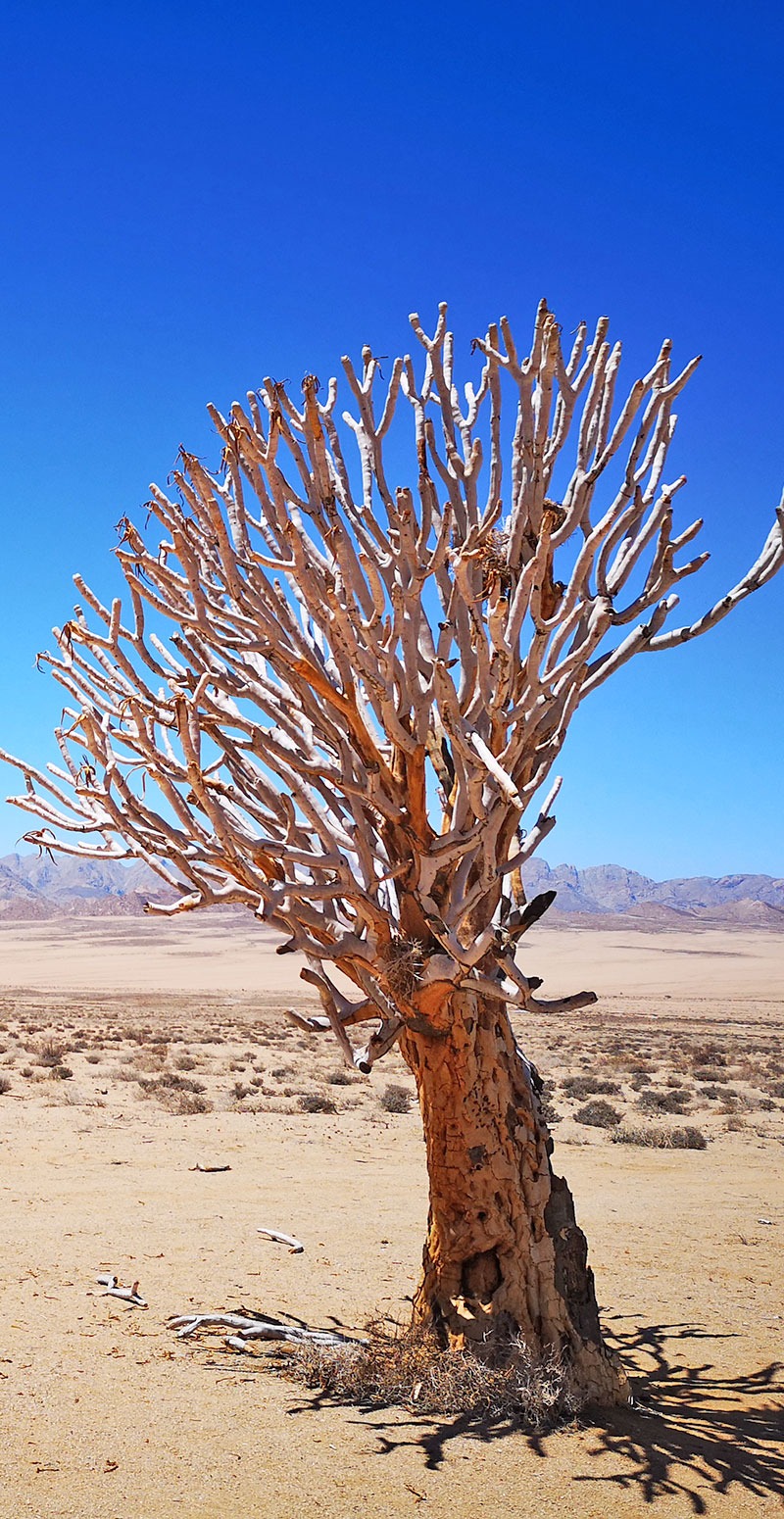
On the brink of extinction
Plant Poaching Crisis
These biomes face huge threats – most of these man-made. The poaching of plants, especially succulents, has already led to the extinction of several species in the wild.
Critically Endangered
More species are now at risk – especially Conophytums, many listed as Critically Endangered.
Climate change and land degradation
We’re starting to see, and understand, the impacts of climate change on the arid zone – with scientists observing mass mortalities of succulents, shrubs and trees. And poor agricultural practices have also led to land degradation.
News and job listings
Explore AZEF
Restoring arid riparian zones in the Rooiberg Breederiver Conservancy
Intensive agriculture on fertile soils border the rivers, which were heavily infested with alien vegetation (Port Jackson, blue gums and occasional pines). Efforts to clear alien vegetation have been underway but little to no signs of recovery have occurred
FULLTIME POSTDOCTORAL POSITION
The Tshwane University of Technology has a vacancy for a fulltime postdoctoral position in the Department of Environmental, Water and Earth Sciences
SANBI: ECOLOGICAL CONDITION POSTDOCTORAL FELLOWSHIP
The postdoctoral fellowship is under the auspices of the project titled ‘Building biodiversity knowledge for action in Southern Africa: Spatial Biodiversity Assessment, Prioritization and Planning in South Africa, Namibia, Mozambique and Malawi’
Join our AZEF community
As a member of the AZEF community, you have access to partners such as yourself, working to protect the arid and semi-arid zone of southern Africa.
Get to know other partners working in the arid zone, and how they can help you. MORE
Share or learn more about study and work opportunities in the arid zone. MORE
Join our annual conference to connect with stakeholders in the arid zone. MORE
Join our emailer to stay in touch with the latest opportunities in the arid zone. MORE
Created with care by LoveGreen. Privacy Policy | Terms Website Use

